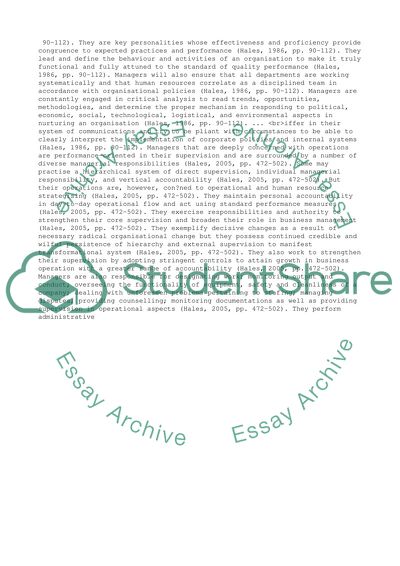Cite this document
(“Managerial work has been researched through a number of studies using Essay”, n.d.)
Managerial work has been researched through a number of studies using Essay. Retrieved from https://studentshare.org/management/1469140-managerial-work-has-been-researched-through-a
Managerial work has been researched through a number of studies using Essay. Retrieved from https://studentshare.org/management/1469140-managerial-work-has-been-researched-through-a
(Managerial Work Has Been Researched through a Number of Studies Using Essay)
Managerial Work Has Been Researched through a Number of Studies Using Essay. https://studentshare.org/management/1469140-managerial-work-has-been-researched-through-a.
Managerial Work Has Been Researched through a Number of Studies Using Essay. https://studentshare.org/management/1469140-managerial-work-has-been-researched-through-a.
“Managerial Work Has Been Researched through a Number of Studies Using Essay”, n.d. https://studentshare.org/management/1469140-managerial-work-has-been-researched-through-a.


